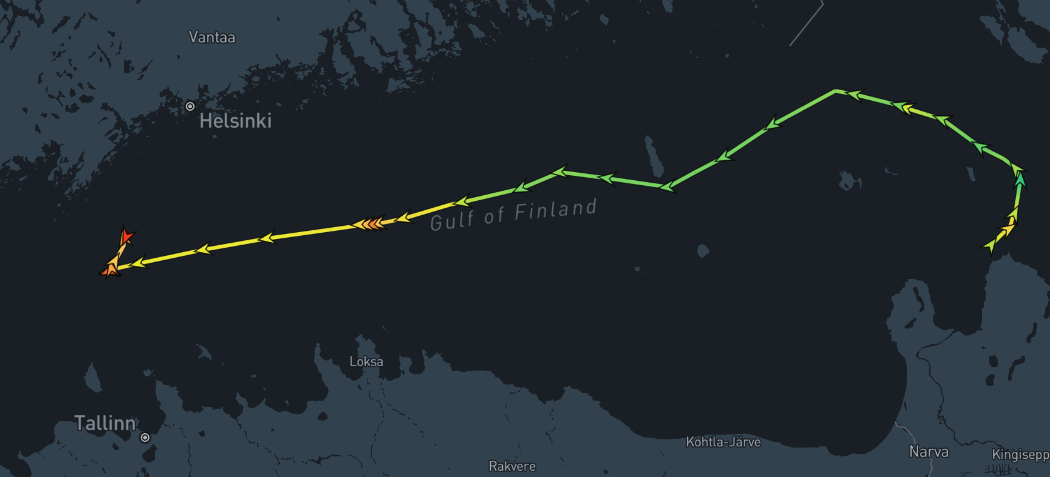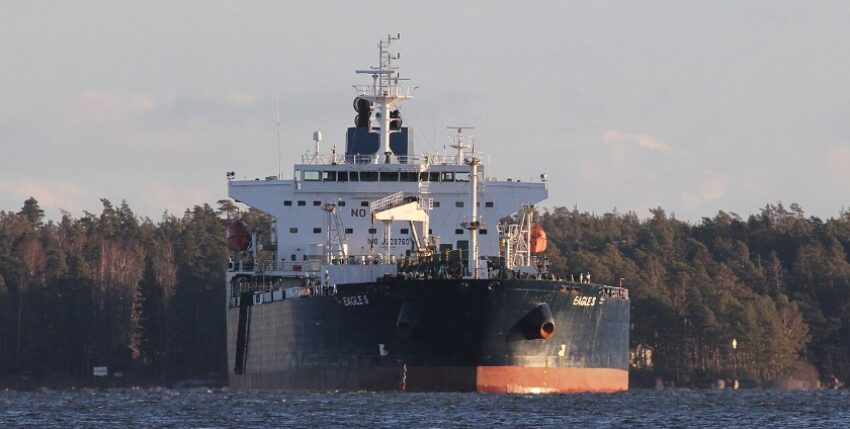Since the beginning of the war in Ukraine at the latest, cases of suspected sabotage against critical infrastructure (KRITIS) have attracted worldwide attention. In the Baltic Sea in particular, pipelines have been destroyed and underwater cables severed on several occasions. Now, for the first time, a captain and two of his officers from the oil tanker "Eagle S" are on trial in Helsinki.
The Finnish public prosecutor's office accuses the Georgian captain and the first and second officers, both from India, of dragging the anchor of their Cook Islands-flagged ship over the seabed during the ship's voyage on 25 December 2024, thereby damaging the Estlink 2 power cable between Finland and Estonia and four communication lines in the Gulf of Finland.
Finnish security forces then stopped the ship and diverted it into Finnish territorial waters. The public prosecutor's office estimates the repair costs to be at least 60 million euros. If convicted of serious damage to property and serious interference with telecommunications, the offender faces up to ten years in prison.
The three defendants have denied all allegations. The captain spoke to Finnish broadcaster YLE of a "maritime accident". The defence argues that Finland is not responsible because the cables were damaged outside Finnish territorial waters, thus highlighting the main point.

The United Nations Convention on the Law of the Sea (UNCLOS) is the most important set of rules here. Since 1994, it has set out the rights for shipping, science and the laying of cables and pipelines, among other things, but also sets out the obligations, such as the prevention of piracy and illegal fishing and the protection of the marine environment. A key point for the peaceful settlement of disputes under UNCLOS is the principle of cooperation and control between shipping nations and international organisations, such as the IMO (International Maritime Organisation of the UN). Disputes outside national jurisdiction can be brought before international courts, such as the International Tribunal for the Law of the Sea (ITLOS) in Hamburg.
The maritime borders in the Gulf of Finland are regulated by bilateral agreements between Finland, Russia and Estonia due to the narrowness of the sea area. This means that the territorial waters in the 12 nautical mile zone are nationally controlled, and the right of innocent passage applies in the adjoining exclusive economic zone (EEZ). The most exciting question is therefore whether the Finnish courts will recognise jurisdiction for "their" cable in the international waters of the EEZ or whether they will refer the case to an international court.
kdk, ntv








